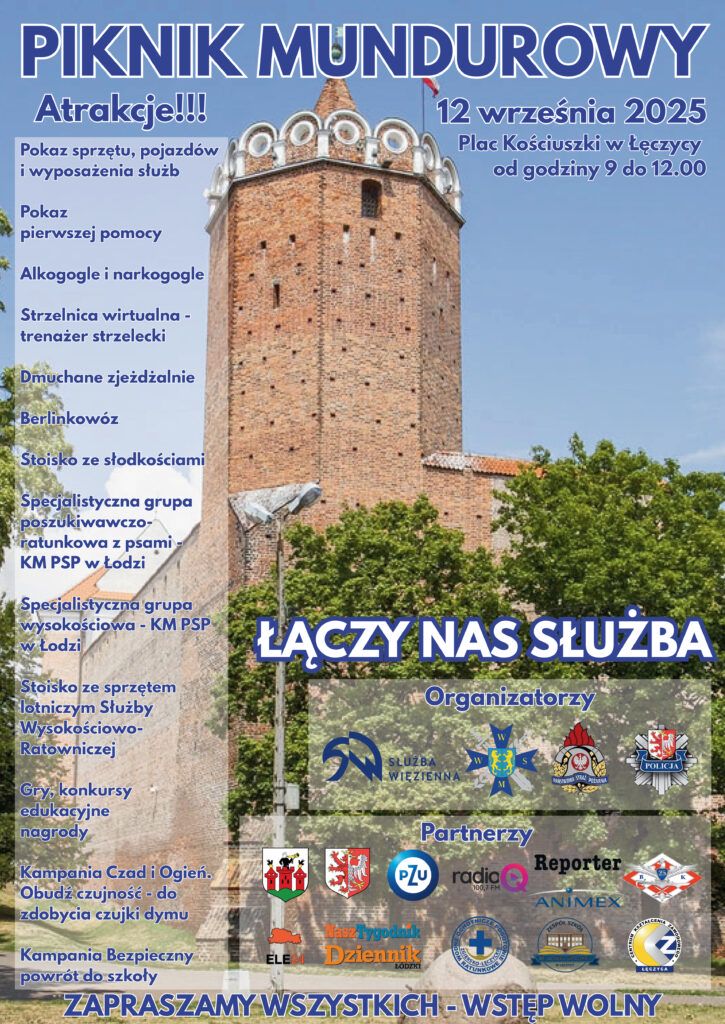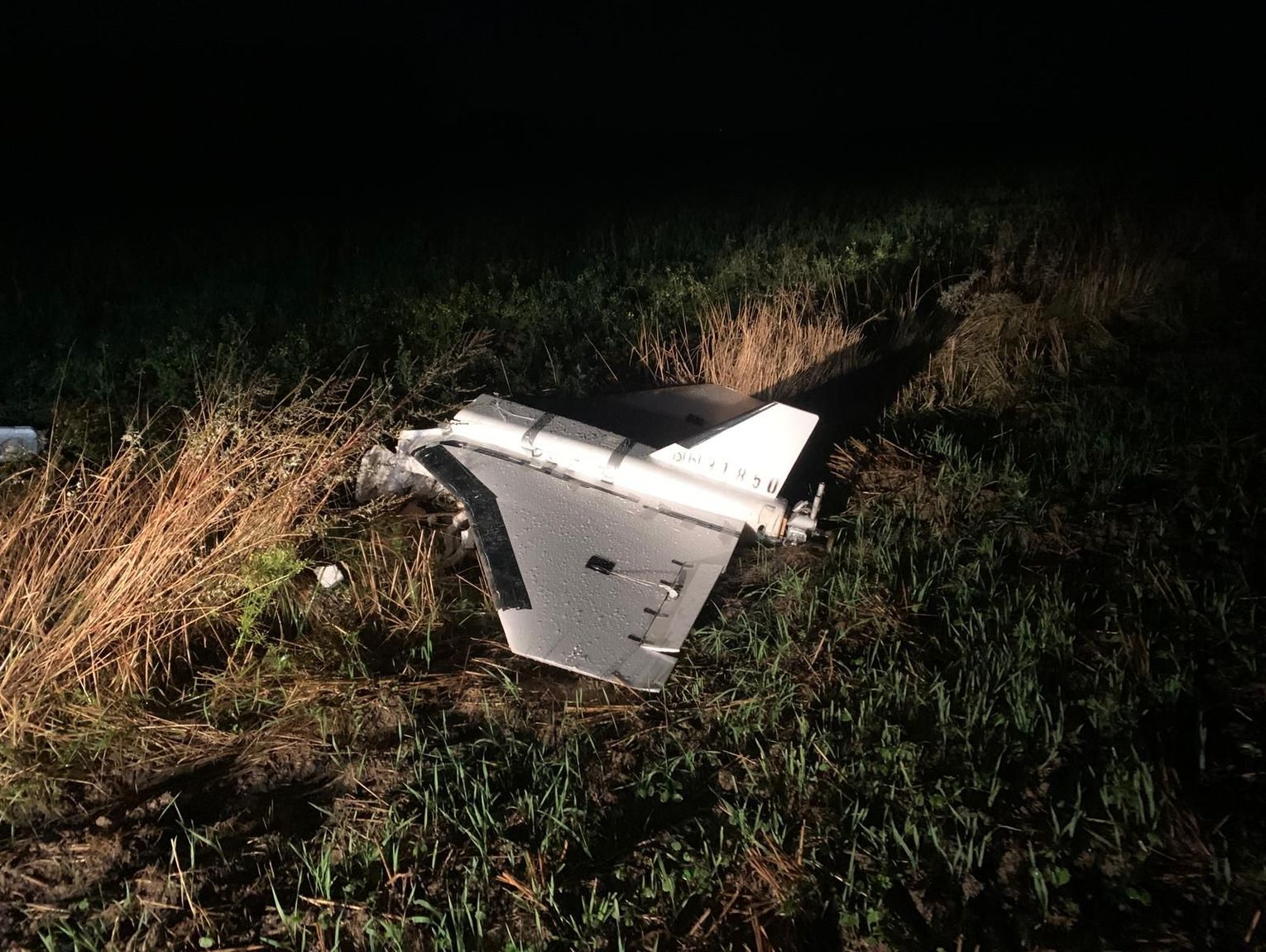On the website of the Government Legislative Centre, a bill on packaging and packaging waste was published, introducing the ROP system.

State monopoly alternatively of competition
It foresees that the National Fund for Environmental Protection and Water Management will be the only organisation of the Package ROP to take over the key tasks related to financial management and coordination. As a result, space for competition will vanish due to the fact that The rules will destruct all existing packaging recovery organisations and the marketplace will be dominated by 1 operator.
– We powerfully argue specified a system. Centralization is not conducive to efficiency. The packaging and recycling marketplace needs pluralism, competition between companies and transparent rules, not a model that creates one, bureaucratic decision-making centre. In addition, it seems that specified a large revolution as the liquidation of recovery organisations, which have been operating on our marketplace for over 20 years, is simply a step in the incorrect direction, as well as the deprivation of tens of thousands of companies of regular support in solving their problems," emphasises Piotr Mazurek, the expert of the Confederate Leviathan on the circular economy.
No fair settlement of costs
In the bill, it is hard to find clear principles of cost-based calculation about the net cost formula, i.e. accounting for actual waste management costs after deduction of gross from the sale of secondary natural materials. This means that producers can be charged excessive fees, whether their packaging is easy or hard to recycle.
– The proposed cost calculation records are risky and may lead to undue undue burdens. The quality and vulnerability of recycling packaging should be clearly rewarded and the strategy should support innovation and more environmentally friendly solutions, says Piotr Mazurek.
Risk of cost increase
Centrally controlled systems are not effective. According to the Ministry of Climate and Environment, Hungary, which introduced a akin model, has experienced immense problems, including a drastic fall in recycling levels and a steep increase in costs for companies – even a fewer times. However, where the strategy is managed by private ROP organisations, i.e. those that actually represent the entrants, funds are spent effectively, resulting in advanced recycling levels, while maintaining optimal costs.
– Let us take advantage of the experience of almost all European countries in implementing an effective ROP strategy in packaging alternatively than designing risky and experimental structures. Poland needs stable, competitive solutions that will guarantee advanced recycling levels, not a bureaucratic model that in practice generates costs and reduces efficiency," adds Piotr Mazurek.
Weaknesses of the fresh ROP model
- the state monopoly will not warrant higher efficiency and can even block the improvement of the sector,
- the deficiency of a net cost mechanics will make an excessive and unfair burden for entrepreneurs,
- Without competition, the strategy will lose flexibility and fast consequence to environmental challenges.
Traders in the Confederation of Leviathan do not agree to specified a ROP model. A strategy that does not take into account net costs and eliminates competition will neither be economically efficient nor adequate to support recycling and reduce packaging waste.
Confederation of Leviathan














